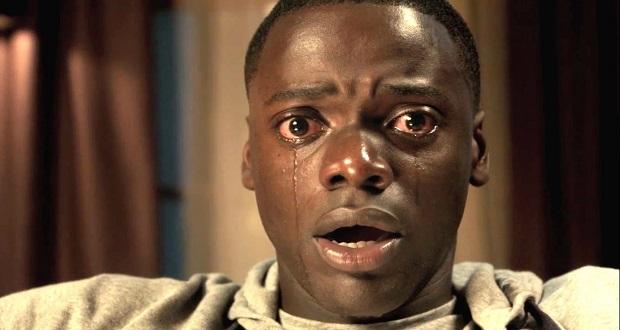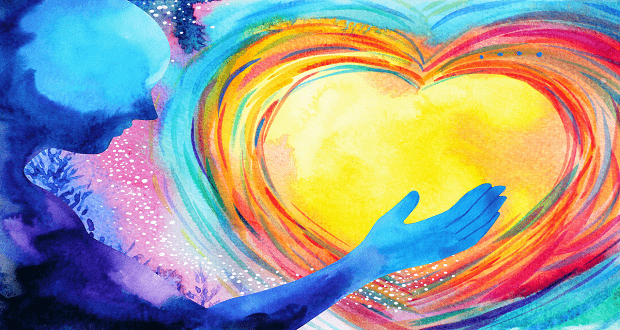
Spoiler alert: This post has movie spoilers so proceed at your own (entertainment) risk
It has been two weeks since I’ve seen Get Out and I’m still thinking about it. Its more psychological thriller than gory horror, so in some ways its intended impact is meant to linger. But this film is in a category of its own, and its extended impact is unique and powerful—albeit different depending on one’s cultural identity (something I’ll address in a moment). The unique combination of horror film tropes with racial ideologies has inevitably led to some brilliant pieces engaging the film in the subsequent weeks of its release. I want to share highlights from my experience watching the film, conversations I’ve had since, and links to some really smart people who’ve written on it as well.
Like all films, we see them through our own lens. And our lenses are shaded by race, religion, gender, sexual orientation, and our relation to power (among others). But all films also have an author’s intent, which ranges in possibilities of interpretation, a central plot and main characters that should guide our various interpretations. In other words, films invite our diverse perspectives but we should always bounce our perspectives off the film’s center of gravity so as not to misinterpret a film from our cultural identity. Doing so helps us avoid telling an author or film what its “really about” and who its “really for.” But this is not always straightforward.
In this brilliant dialogue on the film by race scholars, Law Ware and Robert Jones Jr., they raise the exact question of who the film is for. They are clear, “He (Peele) has made a film for us — a horror film that they (white folks) can enjoy, but need us (people whose skin has been kissed by the sun) to fully understand.” The authors cover lots of deep insights into the ways the film touches DuBois’ “double consciousness”, code-switching, and black trauma—highlighting how the film visualizes and centers what only black people can know from experience. There’s a ton there, I highly recommend reading their dialogue.
I also really loved this take in Cosmopolitan on how Get Out “captures the terrifying truth about white women.” The author, Kendra James, reveals how the film uses Rose, the white girlfriend supporting actress to the main character Chris (who’s black), as visual proof of the assumed innocence of white women in the racial hierarchy. After reading it, I too realized that I literally had to be pried away from my assumption of her innocence and good intentions until the last moment when it was revealed that she too was in on her family’s dark scheme. My guess is this wasn’t everyone’s assumption. It was a perfect example of how we (I) watch films and experience the characters based on our racial lens. It also makes clear how Jordan Peele, the creator, totally flips the racial script of horror films where black characters are usually cast as extras who can never get away or as help, or savior, to the main white characters from danger. None of that is true in this film. Whiteness as an ideology, and its characters, are on full display as the bad guys. And of course, this hasn’t come with its own backlash from some white viewers.
But the horror of whiteness is not what you’d expect from a horror film. It is not violent, gory, or gratuitous in ways you might expect. It is a different horror altogether. It is a powerful critique of how liberal white ideology plays out in more quiet, subtle invisible ways—which makes it more horrific. I squirmed in my seat as several of the white characters, who are in on the ploy to possess and enslave the body of Chris, casually mention their interest in basketball, Tiger Woods, and his athletic build when introducing themselves. It was all too familiar for the everyday forms of racism that only sees black people and bodies in terms of narrow cultural stereotypes, and not in their full humanity. In fact, just this week a friend of mine was sharing a story of being at a party where a white woman asked a group of black women about their thoughts on the OJ Simpson documentary as a conversation starter. I assume the woman didn’t realize all the “othering” involved in her assumption that the other women would automatically have insight, want to engage in that conversation at a party, asked to speak for their racial group, or be so glaringly singled out by their race by a stranger.
It’s no surprise the movie has received critical acclaim and broken box office records. And it’s no surprise that viewers will be enjoying (or not) and having varying experiences from the film—ranging from challenged stereotypes, confirmed biases, or escaping critique by blaming others. But I think the film is one of the most powerful examples I’ve seen of the subtle ways that whiteness can work to traumatize others—with and without that intent. The theme of Dubois’ double consciousness is powerful here. As (white) viewers, we see through Chris, what it might be like to have “this sense of always looking at one’s self through the eyes of others, of measuring one’s soul by the tape of a world that looks on in amused contempt and pity. One ever feels his two-ness,—an American, a Negro; two souls, two thoughts, two unreconciled strivings; two warring ideals in one dark body, whose dogged strength alone keeps it from being torn asunder (DuBois).” And the movie has left me with increased clarity on ways I might interject to stop whiteness in its tracks when I see it, and increased empathy towards others who live this double consciousness in ways I never will.


















